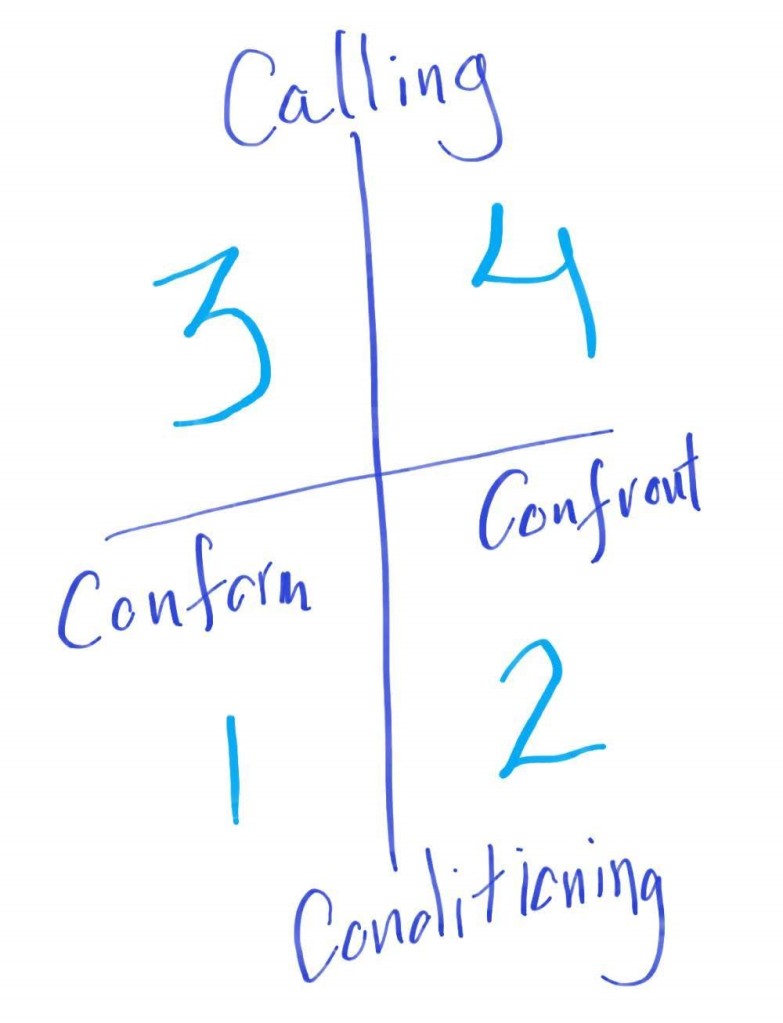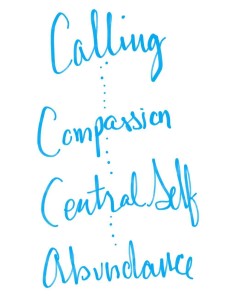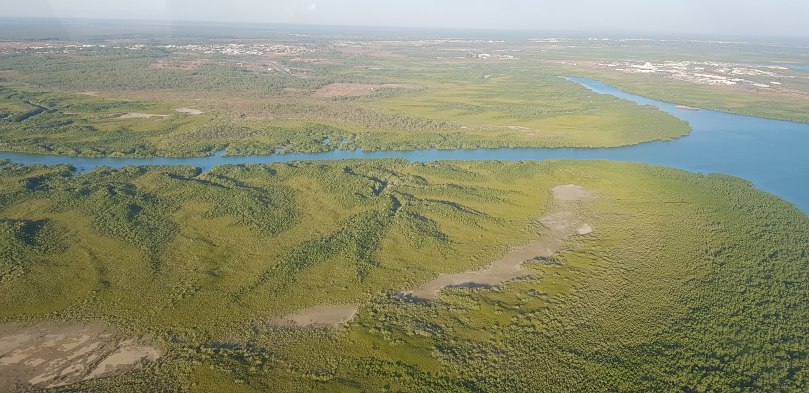
I acknowledge the elders and youth past, present, and emerging of the Kayyeemy and Gamaragal people on whose land this experience and article was influenced and written. I acknowledge the elders and youth past, present, and emerging of the Gadigal of the Eora Nation on whose land this article was envisioned and supported. I acknowledge all First Nations people of Australia as an unbroken chain of caretakers and custodians on whose land these insights were inspired.
As a first world, white, well-educated immigrant in Australia, it might be fashionable to call myself an ex-pat. I could simply enjoy the nice weather of this climate and the exceedingly lovely lifestyle offered by being comfortable in a mostly well-developed country. I could take on various political or ideological leanings to sooth my ambitions or my guilt, depending on which way the wind blows. I could donate money, change my job, start a non-profit, go and volunteer in remote communities. All of these are brilliant ways to begin to ‘pay the rent’
I could ‘do’ many things, and yet in my journey, my mentor and leader Rick Shaw has helped me deeply integrate the biggest lesson of my life. It is not immediately important what I work on; what dollars are involved, who is attached to it, at what level of scale or impact. The change I can affect in the world is not in my ‘doing,’ it will always begin in my ‘being.’ What is key in all endeavors, is that I am the one ‘being.’ Thus, through all my work the world will be healing. I have the responsibility to keep my integrity aligned to the path. It is in my ‘being’ that I support realignment of culture, country, and people in all my endeavors. This applies to you as well, the world will be better for everything you have done, for you are the one ‘being’ this world.
Let us stop worrying about how to fit our efforts into the egoistic or capitalistic matrices of value. Let us be the healing.
Recently, I chose a path to help figure out how we normal folks, can begin to ‘pay the rent’ to this place and the people of this land. I am not going to pay it with just guilt alleviating charity or popcorn style, sheep-dip engagement with First Nations people. I am not going to be a perpetuator of consultation fatigue in Aboriginal and Torres Strait Islander communities. I will not be voyeuristically going out to learn from a culture other than mine. Even though my profession as an ethnographer might sound like exactly that, the truth of our living nature is that I am a participant in this. I am going to be an actor in this system, an agent for sustainability. Tyson Yunkaporta clearly articulated this role in the book Sand Talk.
Let us all be sustainability agents in a complex system. Regardless of your role, you can behave in pursuit of sustainability and healing in all you do. Every bit of energy matters. Let us be truly subversive. I am going to do my best to deeply listen and help others to do the same. That is why I am here. Why are you here?
One way we might like to view it is that we are all here because we are meant to be here. ‘Here’ is the ‘teaching place’ as Susan Moylan-Coombs often helps us to conceptualize Australia. I have heard her say that if you were born here, you are of this place, and if you are from outside Australia, you are meant to be here. Once we de-compress from fraught finger pointing, then the healing can begin. When we listen into the expansiveness and regenerative nature of teachings held by people who are one with country we start on our path as sustainability agents in a complex system.
Globally, Australia has the great responsibility to be the land that starts solving big problems in the world. We have no choice; climate change will hit us and our Pacific friends hard and fast. Demographically there is a crisis in every segment of our population, from children in poverty, a domestic violence crisis, a depression epidemic, to the elderly being disconnected and in danger. Australia’s horrendous track record (modeled often on my birthplace of America) in terms of how far down the gluttonous capitalistic pain path we have gone, is simply the opening of the opportunity to fulfill our cosmic position. We are the place that will source the solutions for our global future. This is the teaching place, and the teaching we are all making is healing Australia.
We need to use this space and momentary discomfort to shift the systems for all of us to have joy, peace, and love. As Aboriginal activist groups in Queensland and Lilla Watson are quoted saying, ‘If you have come to help me you are wasting your time. If you have come because your Liberation is bound together with mine, let us walk together‘.
Its clearer than ever before, my liberation is bound up in yours. We are all one. Let us take steps to illuminate the inter-dependencies so we can choreography a way into the future. First Nations people are those who first forged the path of walking in two worlds, we may all follow them, if we listen. Let us learn the steps from those who have been caretakers of the dance since it came down to humanity.
First Nations ways of being, cultures, and languages are the original technologies we crafted to express a place for all the land and the relationships to everything in it, including our human needs. The First Nations people in every country are custodians of precious longitudinal lived experiences across time and space. They are caretakers of stories beyond rudimentary reductionist frames and systems that are currently limiting our ability to solve problems. This is not another gold mine to be extracted and exploited by the uninitiated, it is a gift and an insurance policy against our own misguided experiments which have run contrary to the nature of the world.
We have simply been a part of a baby universe learning how to be a universe, this is all a part of our lessons.
First Nations knowing is what First Nations people are still developing and profoundly protecting through their survival in the face of countless machinations, massacres and persecutions.
In these ways of being, there is an infinite well of self-healing for us and our planet. We can never go backward to source; we have no right to exploit or extract from the auto-healing First Nations knowing of the past. We can pour our energy into re-alignment with the living world and the living First Nations people and cultures here and globally.
We are a part of a wounded planet calling on its natural patterns and immune systems to stop the trauma, we are the energy that needs to re-align with these patterns and systems. It is time to change. Through the stories we tell and share, we will manifest a newer more harmonious future.
As Emeritus Professor Jo-Ann Archibald et al. wrote in Decolonizing Research: First Nations Storywork as Methodology:
In Coast, Salish cultural gatherings, the spokesperson who oversees the event says, “My Dear ones, the work is about to begin.” When we hear these words, we pay attention to the cultural work that is about to take place because we know that we will either be involved in some way or will be impacted by this work.
My dear ones, the work is about to begin
So what about you, dear reader? Are you willing?
How do we begin to ‘pay the rent’?
Three ways to start giving: give time, give attention, give resources
Give time
Prioritise educating yourself through listening. It takes time, make it a focus, put a block in the diary. Actively pursue your reading, watching, experiencing of content produced by First Nations people and credible sources. Don’t expect First Nations people to educate you for free, pay the rent for their experiences, time, and services.
Give attention
Prime yourself to notice, “where might be the approach or angle that connects this effort to supporting First Nations people?” Whether it is in procurement, employment, designing an online form, or managing a financial product; whatever it is that you touch, only you can make the space to consider inviting or amplifying a First Nations perspective.
Educate yourself on racism, privilege, appropriation and how to spot them. These are big complicated topics, if you don’t start looking at them, who will? Step up and speak out when you see racism or microaggressions. Its everyone’s job.
Give resources
Support First Nations efforts to create and make for their own people, instead of to educate non-First Nations people. Additionally, support First nations efforts to educate non-indigenous people, goodness knows everyone needs all the help we can get. Donate money and time. Apply your superpowers to supporting First Nations projects and endeavors in your community, across our country, and internationally.
We are on Aboriginal land, how might everything we do begin to pay the rent?
Acknowledgements
I know this article won’t get everything right, and I hope nevertheless it helps you be kinder and braver in order to think about how you can put a thought towards supporting First Nations people in everything you do. I hope you are now primed to look through this lens more often and with more depth.
I have learned so much about mutual acknowledgement on this journey, I do not feel comfortable taking credit for this expression of my journey solely. This is an effort influenced by many people. I list them here not to bank on their credentials or to gain glory by association. I list them here because by being with them or learning from them, I have changed. Both Aboriginal and Torres Strait Islander and non-Indigenous people are listed here. I list them here because by their being, I am learning to be.
– Rick Shaw, Deloitte Partner & Indigenous Leadership Team
– Dr. Deen Sanders, Deloitte Partner & Indigenous Leadership Team
– Angela Robinson, Deloitte Partner & Indigenous Leadership Team
– Susan Moylan-Coombs, Gaimaragal Group
– Dr. Dennis Foley, Professor of Indigenous Entrepreneurship University of Canberra
– John Briggs, Founder John Briggs Consulting
– Angie Abdilla, CEO Old Ways, New
– Tyson Yunkaporta, Author of Sand Talk
– The board of Miwatj Aboriginal Health Corporation
– The board of Alawa Aboriginal Corporation
– Sarah Brown, CEO Purple House
– The people from the town of Kalka in the APY lands
– Dr. Marcia Langton, Author, professor, speaker
– Josephine Cashman, entrepreneur and activist
– Emeritus Professor Jo-Ann Archibald et al., Authors of Decolonizing Research: First Nations Storywork as Methodology
– Raymond Feist, Author of Magician series
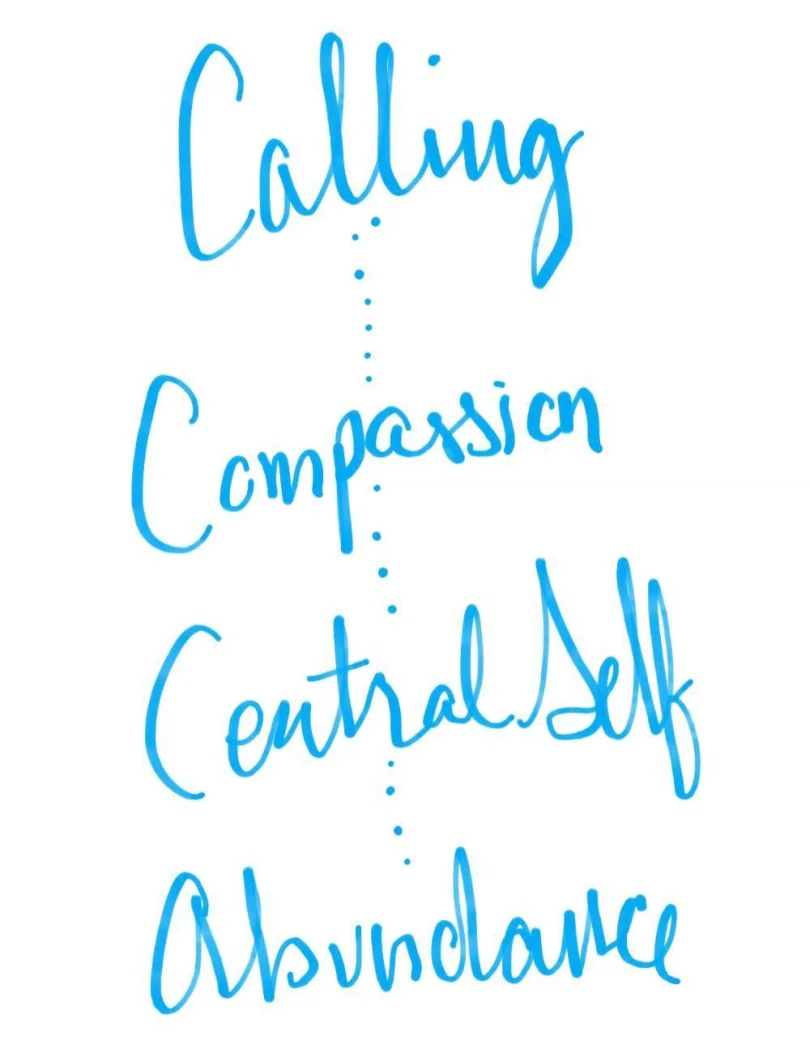
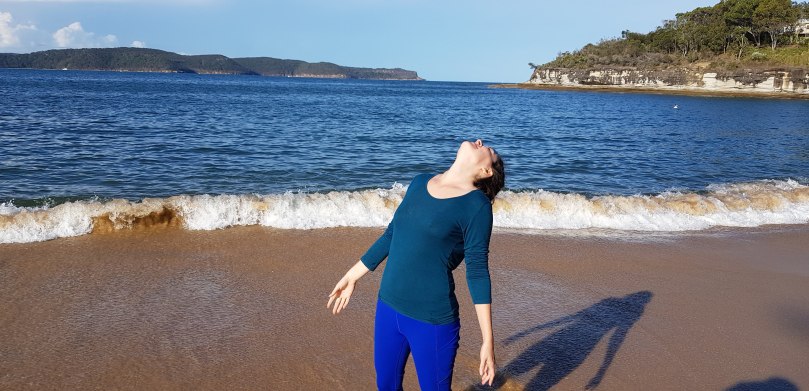 I haven’t published a single piece of writing in over a year on this page. The ambitious achiever driven to get out there inside of me is shaking her head in shame. I’m sitting here holding a large compassionate space to explore what I haven’t said in the last year on this blog.
I haven’t published a single piece of writing in over a year on this page. The ambitious achiever driven to get out there inside of me is shaking her head in shame. I’m sitting here holding a large compassionate space to explore what I haven’t said in the last year on this blog.